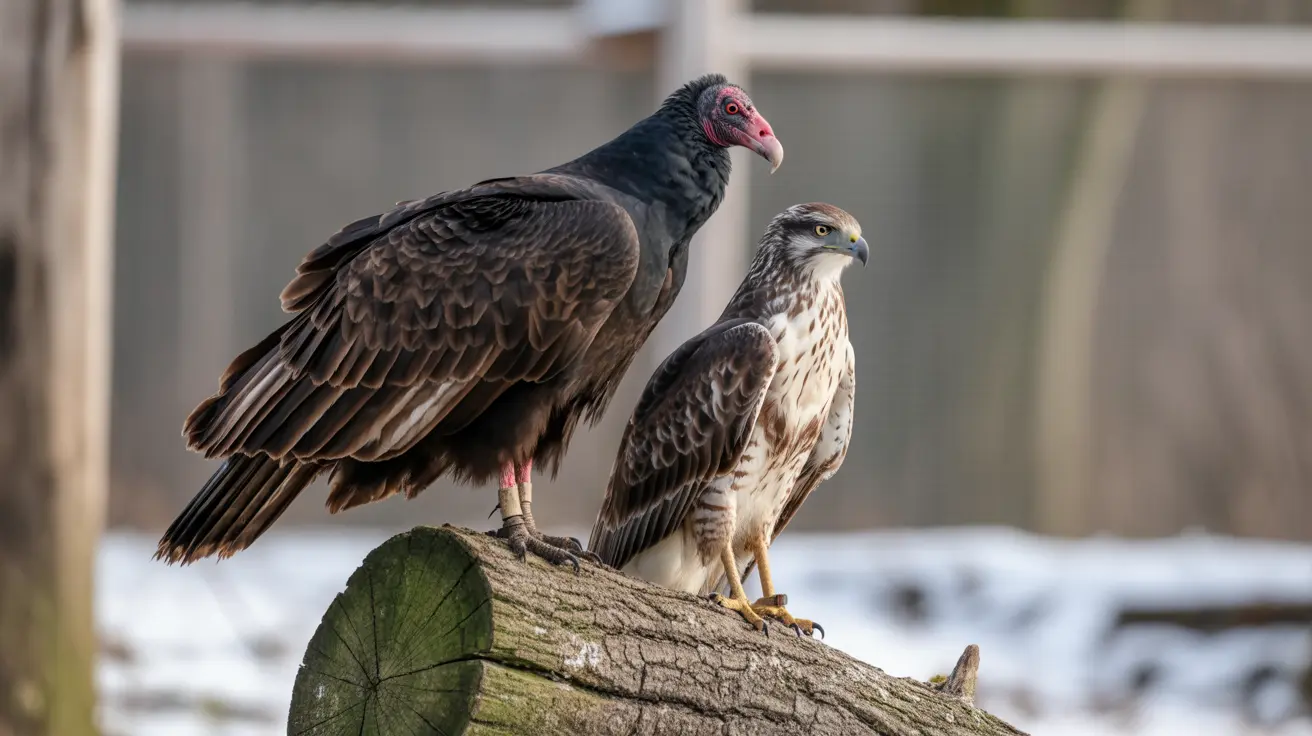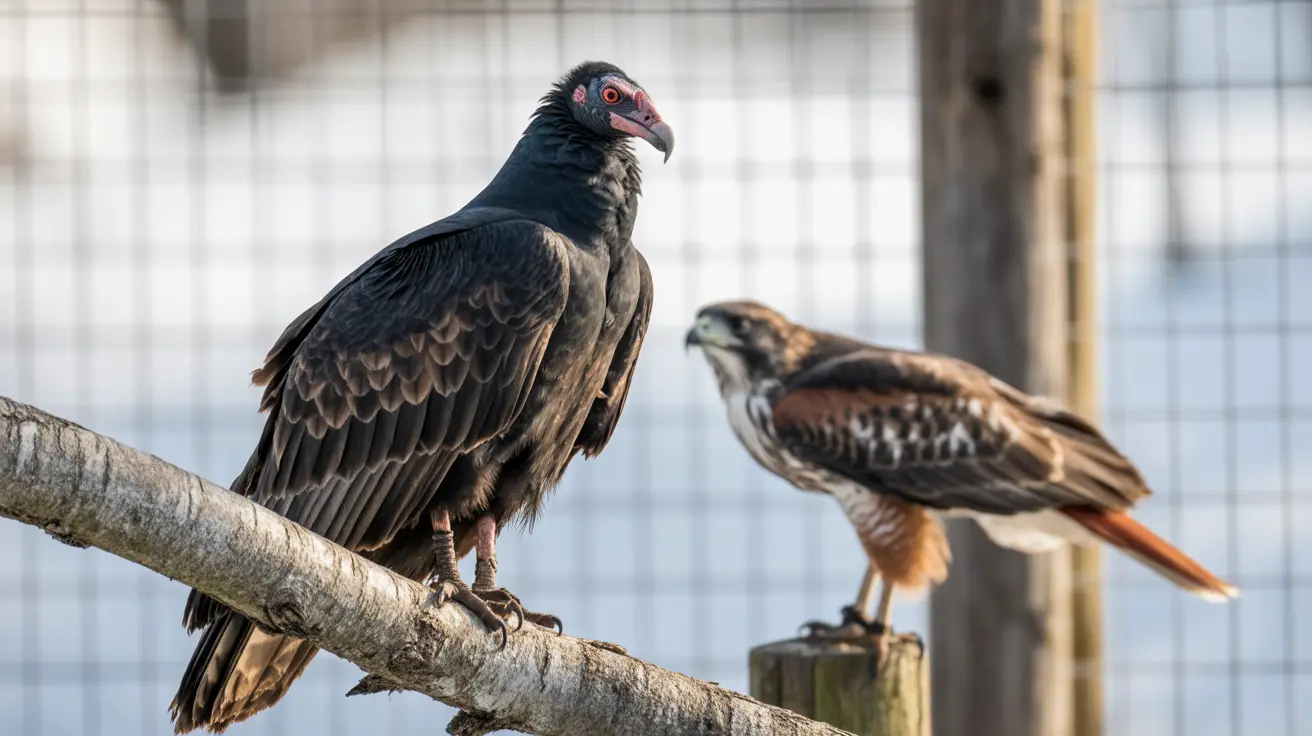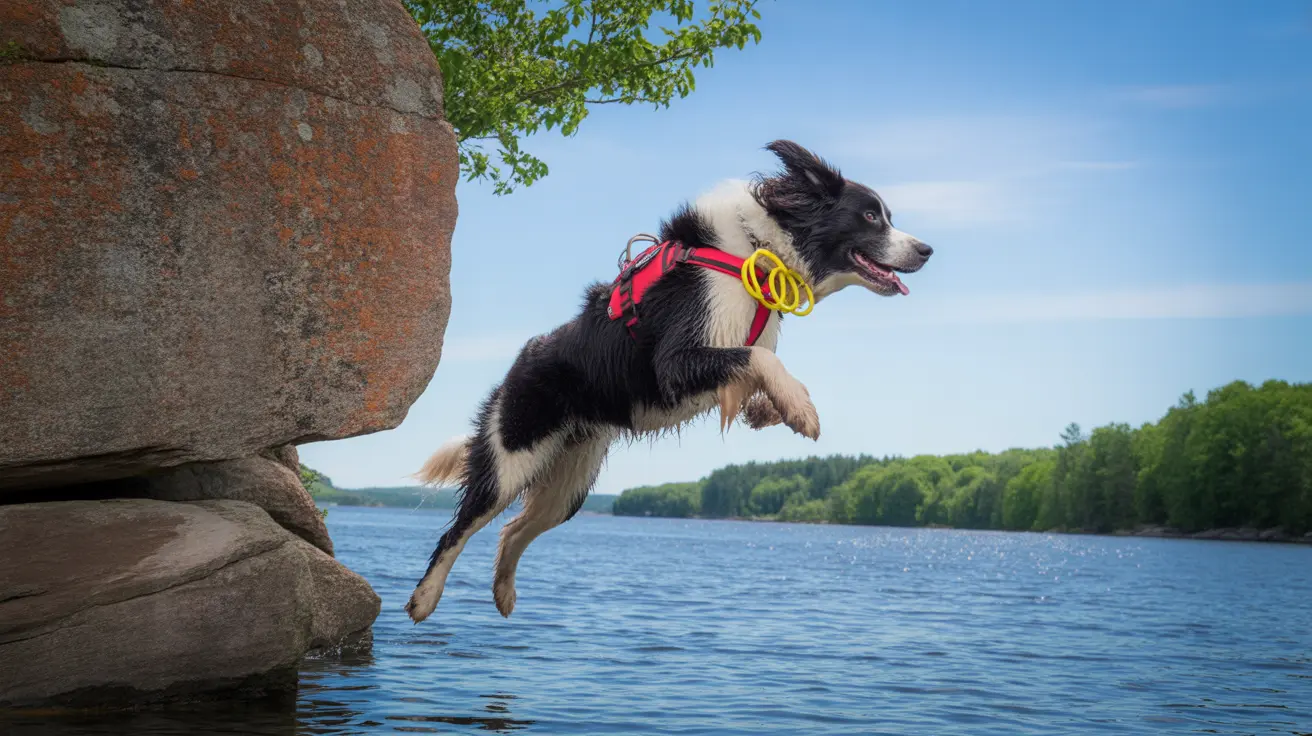Understanding Behavior Problems in Carolina Dogs
The Carolina Dog, often referred to as the American Dingo, is a rare, primitive breed originally discovered in the wilds of the Southeastern United States. These dogs have retained many of their natural, instinctual behaviors, which can be both fascinating and challenging for pet owners. While they are intelligent, loyal, and clean animals, Carolina Dogs can present certain behavioral problems, especially when not properly socialized or trained.
Common Behavioral Challenges in Carolina Dogs
- Shyness and Wariness of Strangers: Carolina Dogs tend to be cautious and reserved around unfamiliar people. This behavior stems from their feral ancestry, where wariness guaranteed survival.
- High Prey Drive: As a primitive breed, they have a strong instinct to chase after small animals like squirrels, birds, or even cats.
- Fearfulness and Sensitivity: Loud noises, sudden changes, or chaotic environments can trigger anxiety and skittish behavior.
- Independent Nature: Although intelligent, Carolina Dogs often prefer to do things their own way, which can be mistaken for stubbornness or disobedience.
- Territorial Behavior: They may become overly protective of their home or family, sometimes barking excessively or reacting aggressively if not socialized properly.
Addressing Carolina Dog Behavior Problems
With consistent training and patient handling, most of these behaviors can be managed effectively. Here are proven strategies:
- Early Socialization: The most effective way to prevent shyness and aggression is by exposing the dog to various people, animals, and environments during its formative weeks and months.
- Positive Reinforcement Training: Carolina Dogs respond well to reward-based training. Use treats, praise, and play to reinforce good behavior.
- Leash and Recall Training: Because of their high prey drive, it's critical to train them not to chase and to have a reliable recall command.
- Providing Physical and Mental Stimulation: Boredom can lead to destructive behavior. Carolina Dogs thrive with regular exercise and games like scent work, puzzle toys, or agility training.
- Calm, Consistent Environment: Stability helps reduce anxiety-prone behaviors. Avoid yelling or harsh corrections.
When to Seek Professional Help
If behavioral issues persist or escalate, especially aggression or severe fearfulness, consult a professional dog trainer or a veterinary behaviorist. Behavioral therapy, combined with potential medications, can support dogs struggling with anxiety or compulsive behaviors.
Living with a Carolina Dog
Despite their challenges, Carolina Dogs are deeply loyal, clean, and make loving companions once bonded with their families. Here's what responsible ownership entails:
- Commitment to long-term training and socialization.
- Understanding and acceptance of their independent streak.
- Secure fencing in yards to prevent escape during chasing episodes.
- Time spent building trust and reducing stress triggers.
Whether adopted as a pet or companion, understanding their natural instincts helps build a stronger, trusting relationship, turning potential behavior problems into manageable traits.





